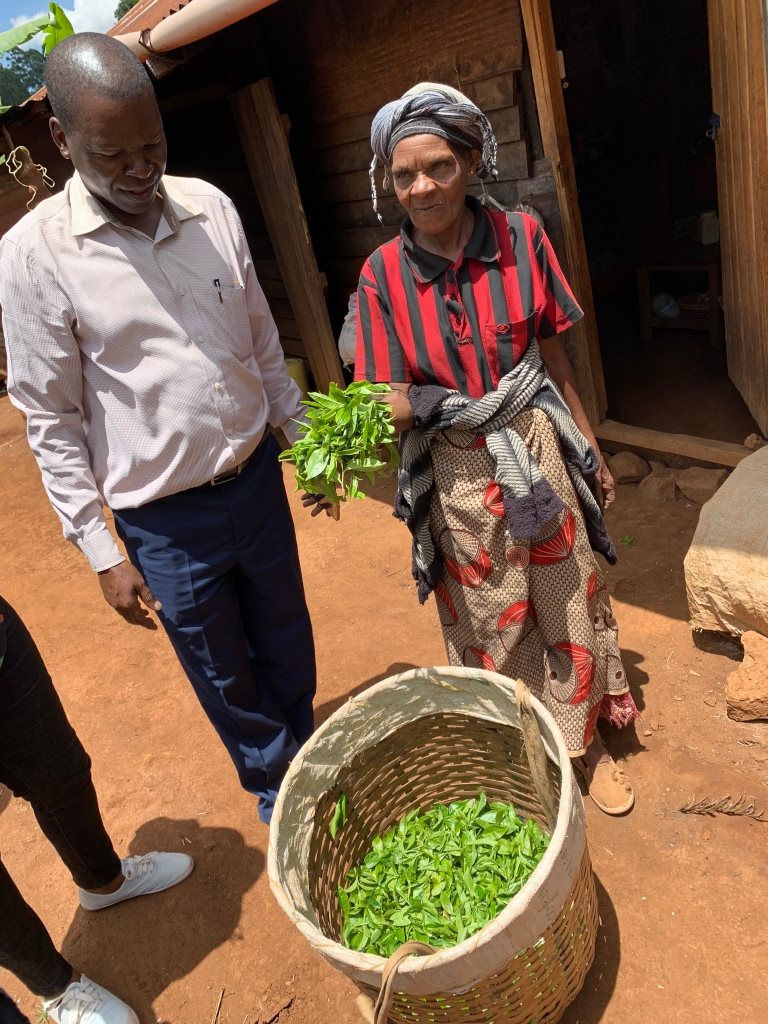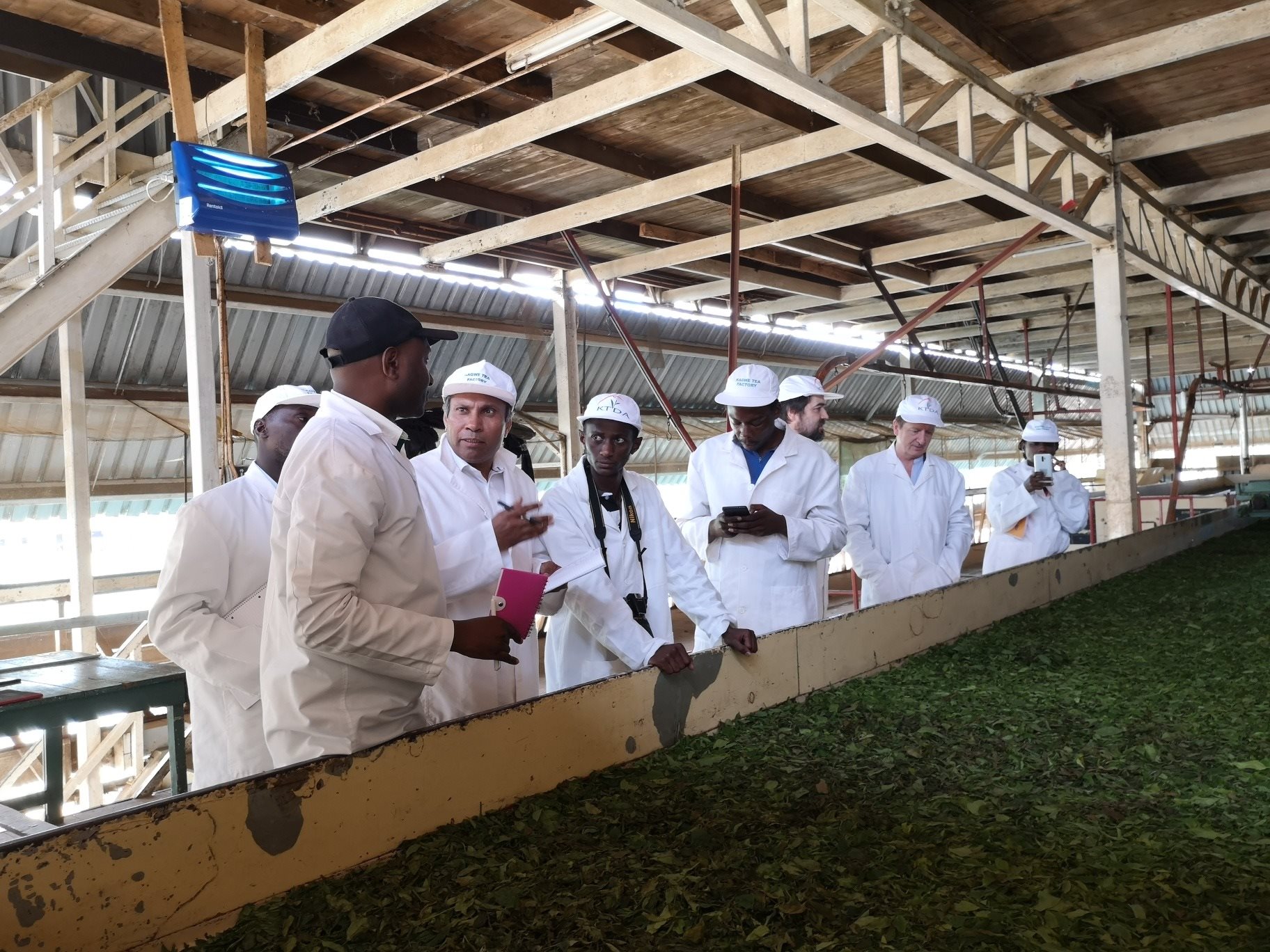Kenya is the third largest producer of tea globally and the largest in Africa. This is an industry of critical importance to the Kenyan economy with an annual turnover of KES 129 Billion (£992M). The drying of the tea leaves is an energy intensive process raising important energetic and ecological issue to the country as most of the energy supply comes from unsustainable firewood.
A 2018 logging ban from the Kenyan government is forcing the tea industry to look for other energy sources in the near future. To avoid an intensive use of fossil fuel the InSET4KTI project aim to develop a cost-effective drying process through the use of the widely abundant solar energy of Kenya.
InSET4KTI will provide a technologically innovative solar plant prototype through the use of directly absorbing nanofluid coupled with a three-stage optical concentrator offering a most cost-effective solution through completely removing selectively coated receiver used in conventional solar collectors. The project technology will also feature higher optical (>85%), thermal efficiency (by reducing radiative loss by 90%) and compactness by up to 4 times.
The project is a collaboration between Brunel University London, one Kenyan industry (Eenovator) and two UK industries (EnSO and CoolSky). The project will be carried out with the assistance of KTDA (KenyanTea Development Agency) one of the major Kenyan tea producer. The first prototype will be installed at the Kagwe Tea Factory one of KDTA’s plant.
Project outcomes will be applicable on a large scale as all the 67 KTDA’s tea factory could benefit from it, thus providing an environmentally friendly and sustainable alternative to firewood and fossil fuels. As shareholders of KTDA, this solution would also be economically beneficial to the 560,000 smallholders farmers producing the tea leaves.
Photo 1. A lady tea farmer who supplies her fresh harvest to the tea factory where our demo plant will be set up. She is a stakeholder.

Photo 2. The project team visits the tea factory. 